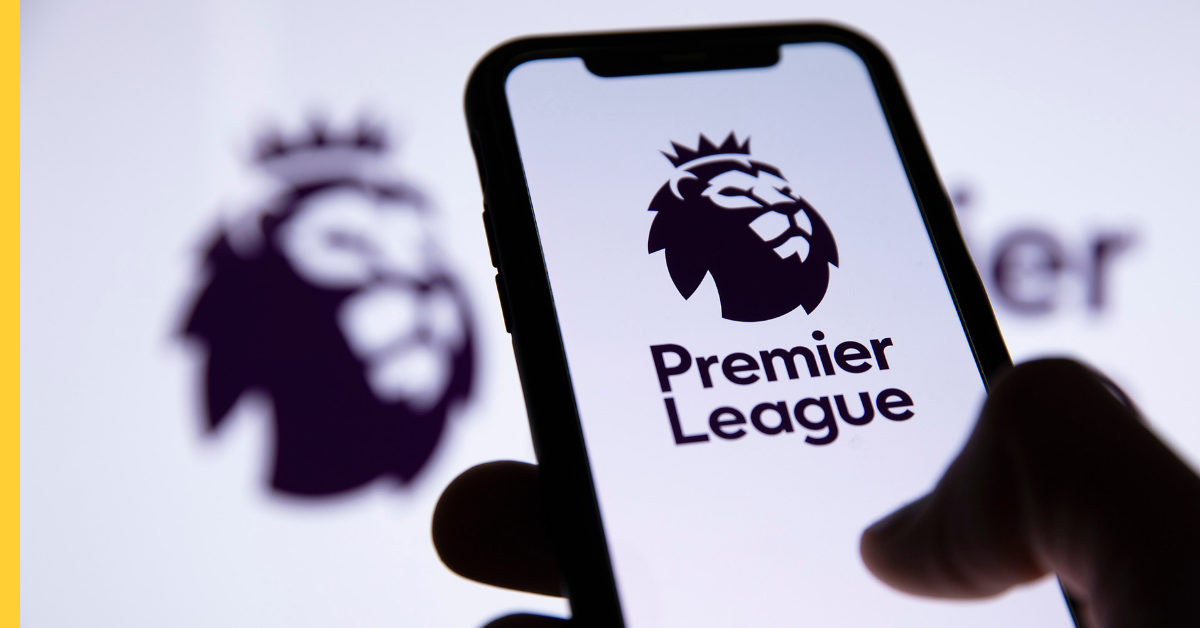
New research from the University of Bristol claims that self-regulation in the UK gambling industry has failed, leaving football fans including children exposed to thousands of adverts, some from unlicensed operators.
The study, conducted by the Bristol Hub for Gambling Harms Research, found that more than 27,000 gambling messages appeared during the opening weekend of the 2025 Premier League season, nearly three times higher than in 2023.
For the third consecutive year, researchers analysed the prevalence of gambling marketing across live broadcasts, Sky Sports News, TalkSport radio, and social media.
The 2025 investigation also uncovered thousands of adverts breaching industry rules, highlighting systemic regulatory failures and intensifying calls for government action.
Between 15 and 18 August, a total of 27,440 gambling messages were recorded. While slightly down from 29,415 in 2024, the figure remains far above the 10,999 messages recorded in 2023.
Dr Raffaello Rossi, senior lecturer in marketing and impact lead at the Bristol Hub, said: “Year on year, the problem seems to get worse, despite the industry’s promises of better self-regulation.
“The Premier League is now so saturated with gambling marketing that brands are fighting each other for every inch of advertising space. The evidence is now overwhelming: self-regulation has failed.
“Voluntary codes are protecting profits, not fans. The question now is how much more evidence the Government needs before it finally steps in to act.”
Researchers recorded 21,815 gambling messages across nearly 29 hours of live broadcasts — three times more than in 2023 — averaging 12.6 ads per minute.
A Wolverhampton vs Manchester City match carried the highest number, 5,262 messages, or 22 per minute, with gambling logos present for a third of the broadcast time.
The study highlights the limitations of the industry’s “whistle-to-whistle” ban, which restricts adverts from five minutes before kick-off to five minutes after full-time before 9pm.
Researchers observed 13,262 gambling messages during this period, which represents a year-on-year increase of 32%, showing the policy has little effect in practice.
“The industry claimed it was taking steps to self-regulate and reduce advertising but yet again they have not kept to their word,” said Sir Iain Duncan Smith MP, chair of the All–Party Parliamentary Group on Gambling Reform.
“The whistle-to-whistle ban is far too limited and is ineffective. The number of gambling adverts must be vastly reduced to stop the proliferation of harms and protect children,” he added.
Around one in 10 gambling ads, totalling 2,412 messages from 13 brands, came from operators without a UK licence.
“This represents a direct breach of the industry’s Sponsorship Code of Conduct and underlines how voluntary self-regulation is failing even on its own terms,” the researcher said.
On social media, 42% of gambling posts were not clearly identifiable as adverts, and 38% escaped oversight due to a loophole for companies registered abroad, which, however, was closed on 1 September.
Social media gambling ads generated over 34 million views, up from 24 million last year.
Lord Foster of Bath, chair of Peers for Gambling Reform, said: “The ASA codes and the ASA itself are totally ineffective — it is a toothless organisation that is failing to protect consumers.
“The government must simply step in to reduce peoples’ and particularly children’s exposure to gambling advertising that we know can lead to harm.”
The number of brands advertising in the Premier League rose from 31 in 2024 to 43 in 2025.
Former England goalkeeper Peter Shilton CBE, a patron of the research initiative, said: “Gambling advertising in football has reached saturation point, with even the industry’s own rules being broken.
“What troubles us most is the impact on children, who are once again being exposed to thousands of gambling ads during games — now even from unlicensed brands.”
The findings will be presented at the Bristol Hub’s third international colloquium on 16 October, as part of ongoing research shaping policy, consumer protection, and treatment services for gambling harms.
#UKGamblingAds #UniversityOfBristol #GamblingResearch #PremierLeague2025 #SelfRegulationFailure #GamblingHarm #WhistleToWhistleBan #UnlicensedOperators #GamblingAdvertising #ProtectChildren